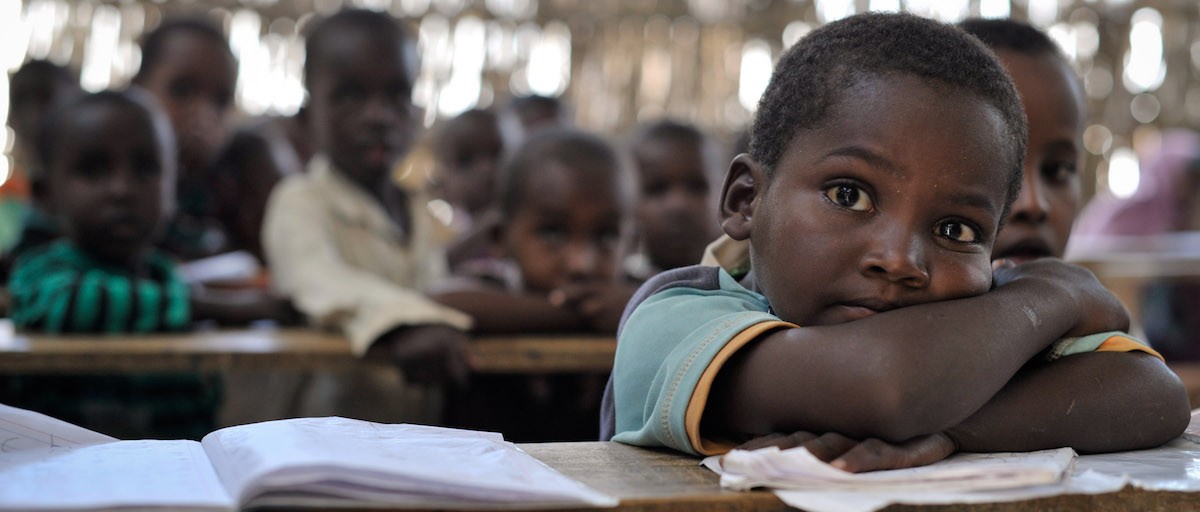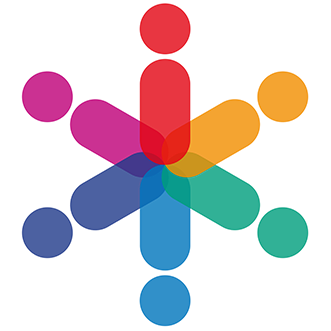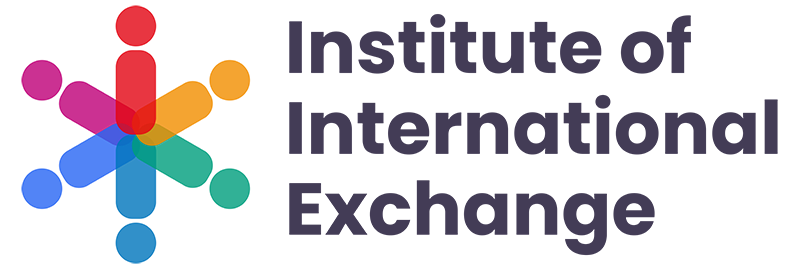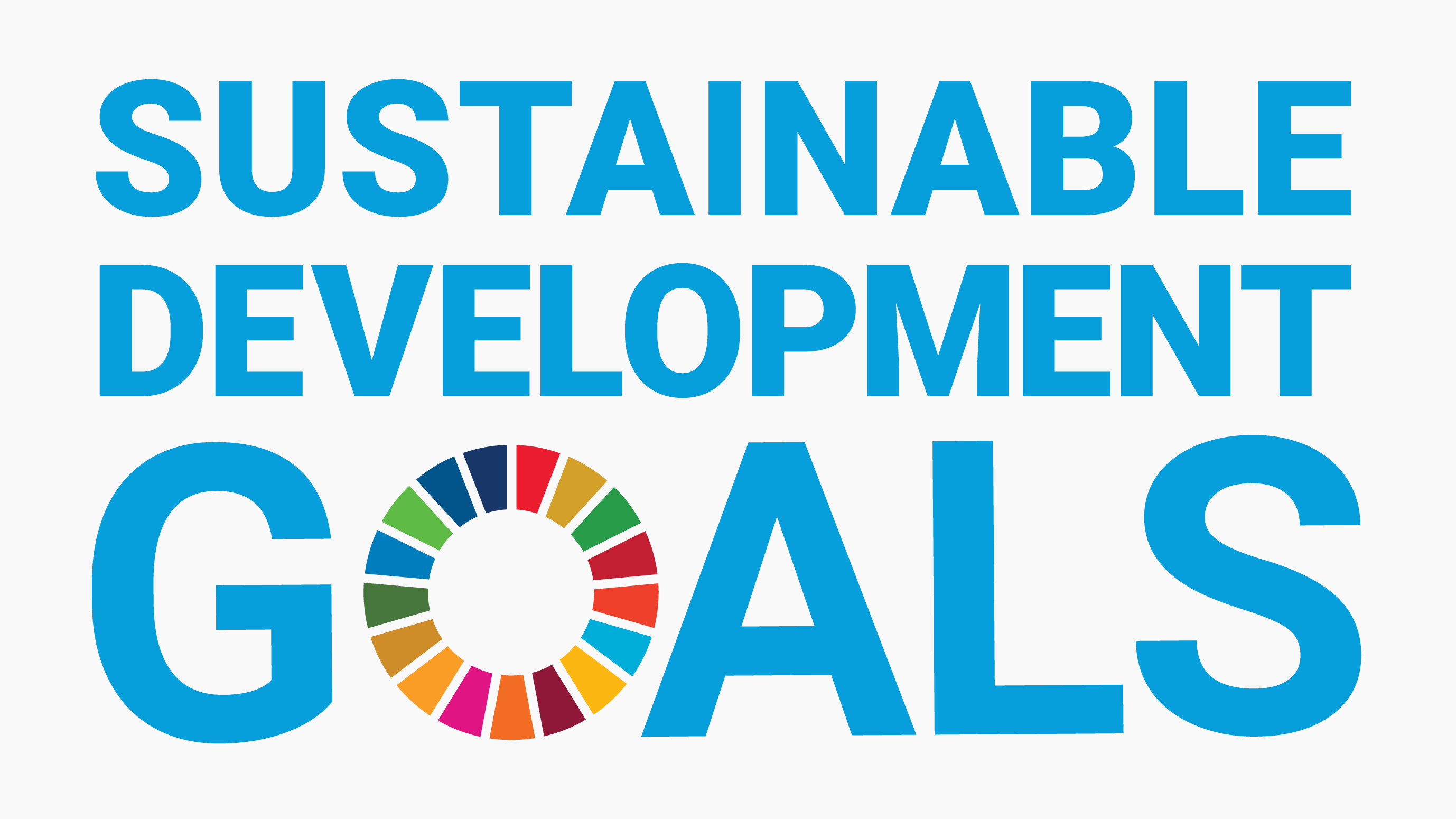Research on educational poverty alleviation policy in developing countries - a case in point: educational reform of South Africa

In the world, poverty has always been a stubborn disease that perplexes the progress of human society. As the primary goal of the UN’s eight development goals, poverty eradication is of great significance to the improvement of people’s life quality, realization of personal values, and the countries’ economic growth. In the process of countries all over the world exploring suitable ways of reducing poverty, it is acknowledged that poverty is not only connected with economic factors, but also deeply related to the “lack” of personal competence, while the most effective method to make up for this “lack” is education.
The South African government has always taken education development as the power and foundation of society’s advancement. Since the 21st century, the South African government has issued a series of policy measures in order to speed up educational development, ensure that children attend and enter the higher school, and improve education quality, emphasis was placed on implementing the 2005 curriculum reform, introducing the “result-oriented” educational philosophy, and promoting the steady improvement of basic education. The South African government has accelerated the transformation of education reform, reflected on the problems existing in education reform, and established a new framework for quality improvement measures.
The measures take vary according to different stages of education.
1. Preschool education stage: improving the evaluation standards of early childhood development quality
2. Basic education stage: emphasizing students’ enrollment rate, and the ability to master language and mathematics
3. Continuing education stage: increasing the rate of entering higher education and the passing rate of students in mathematics and physics, and promoting the development of continuing education
4. Bringing in the international assessment exam
In order to upgrade the education quality of South Africa, and monitor students’ scores effectively, South Africa has joined multiple education quality monitoring federations. In a word, these series of measures about educational reform are helpful to South Africa to develop its own education, reduce educational poverty, and move close to the United Nations sustainable goal--to ensure inclusive and equitable quality education, so that all people can enjoy lifelong learning opportunities.
We studied the educational reform measures taken by South Africa, and provided practical reference for other developing countries to take education reform.
About Us
Institute of International Exchange is an international non-governmental and non-profit organization. We hope to build an equal and friendly platform for exchanges and cooperation around the world.
© 2023 Institute of International Exchange




